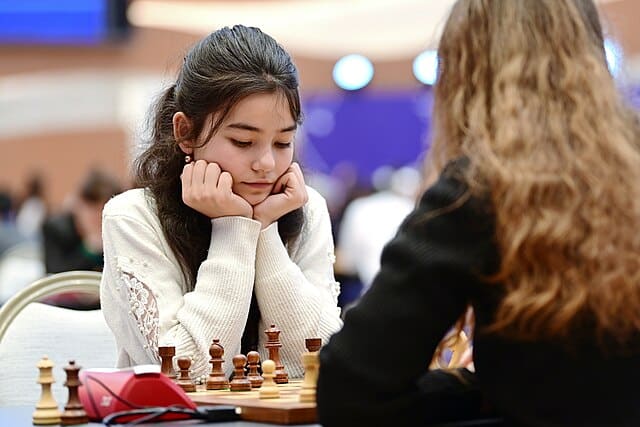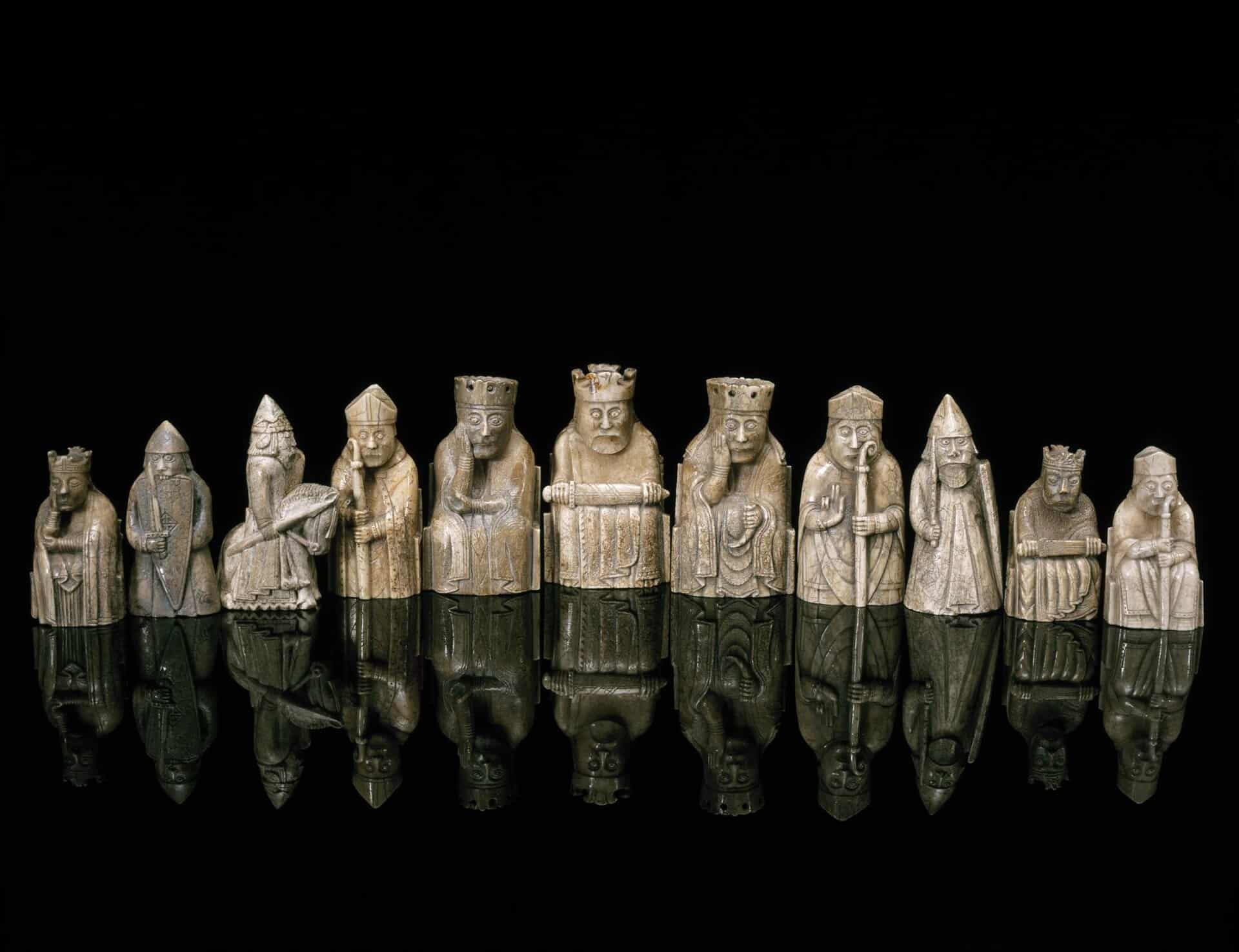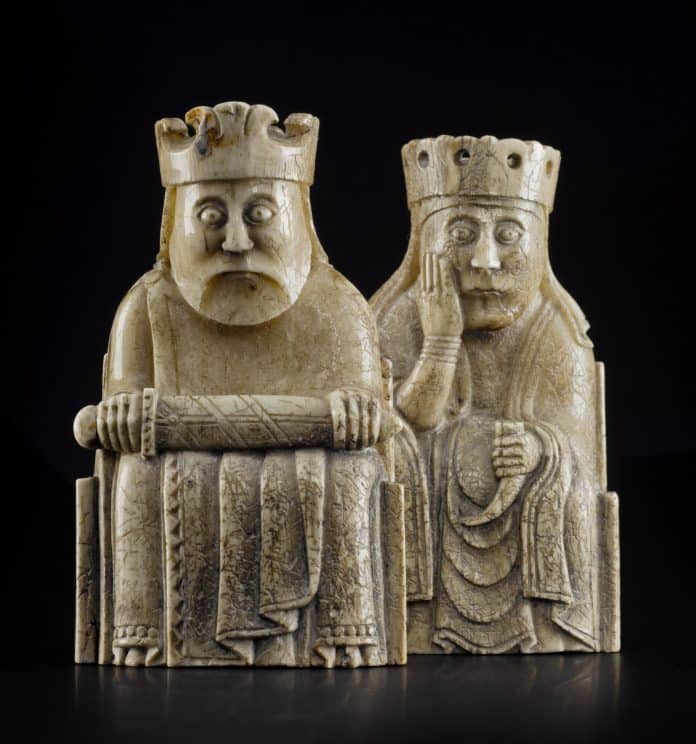If anything good came out of the COVID-19 pandemic, it was arguably the increased popularity of chess. Many specialists credit the Netflix series The Queen’s Gambit, which premiered at the height of the COVID-19 lockdown in 2020, with the chess boom.
The centuries-old game is even enjoying new popularity with young people, and in the United States, to see anything like it, one must go back to 1972, when the American Bobby Fischer became World Champion in Reykjavík.
Memberships in chess clubs have increased, and the platform chess.com has seen record numbers of users from all over the world. According to chess.com, Gotham Chess has the most subscriptions of any YouTube channel.

World Chess Day
20 July was designated World Chess Day by the United Nations, to commemorate the date of the establishment of the International Chess Federation (FIDE) in Paris in 1924. The designation of World Chess Day recognizes the important role of the FIDE in supporting international cooperation for chess activity. It aims to improve tolerance and understanding among all peoples of the world, and at the same time provides an important platform to foster dialogue, solidarity and a culture of peace.
Chess is one of the most ancient intellectual and cultural games, with a combination of sport, scientific thinking and elements of art. As an affordable and inclusive activity, it can be exercised anywhere and played by all, across the barriers of language, age, gender, physical ability or social status.
Chess is a global game, which promotes fairness, inclusion and mutual respect. It is probably played more on the internet than anywhere else and of course cyberspace recognizes no borders.

Photo: Husniddin Ato/Wikimedia Commons/Creative Commons Attribution-Share Alike 4.0
Chess spread on the Silk Road
Chess is a two player strategy board game where the aim is to move different types of playing pieces, each with a prescribed set of possible moves, around a chequered square board trying to capture the opponent’s ‘king’ piece. Today there are over 2,000 identifiable variants of the game.
One theory is that an early game similar to chess called Chaturanga originated in the Northern Indian Subcontinent during the Gupta period (~ 319 – 543 CE) and spread along the Silk Roads west to Persia.
Modern chess is believed to have been derived from Chaturanga, which means ‘four divisions’. Either it is referring to the divisions of the playing pieces into infantry, cavalry, elephantry and chariotry (pieces which in the modern game became the pawn, knight, bishop and rook), or to the fact that the game was played by four players.
Chatrang, and later Shatranj, was the name given to the game when it arrived in Sassanid Persia around 600 CE. The earliest reference to the game comes from a Persian manuscript of around 600 CE, which describes an ambassador from the Indian Subcontinent visiting King Khosrow I (531 – 579 CE) and presenting him with the game as a gift. From there it spread along the Silk Road to other regions including the Arabian Peninsula and Byzantium.
In 900 CE, Abbasid chess masters al-Suli and al-Lajlaj composed works on the techniques and strategy of the game, and by 1000 CE chess was popular across Europe and in Russia, where it was introduced from the Eurasian Steppe.

Chess and the Global Goals
Chess also offers important opportunities for the implementation of the Global Goals for Sustainable Development, including strengthening education, realizing gender equality and the empowerment of women and girls as well as fostering inclusion, tolerance, mutual understanding and respect.
Did you know?
- About 70% of the adult population (in the US, UK, Germany, Russia, India) has played chess at some point in their lives. 605 million adults play chess regularly.
- Mathematically there are more possible games of chess than there are atoms in the Observable Universe.
- It is possible to checkmate an opponent in chess in two moves.

